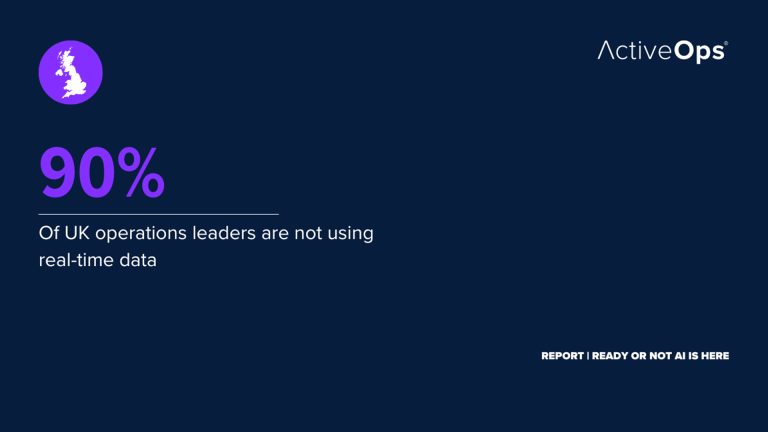
Artificial intelligence is transforming nearly every corner of the financial world. From personalized investment strategies to predictive financial modeling, it has redefined how individuals and institutions approach retirement. This results in more efficient management, smarter decisions and potentially better economic outcomes. But as with any innovation, it also comes with risks.
A New Era for Retirement Planning
Traditional retirement planning often relies on broad assumptions, such as average market returns, generic life expectancy data and one-size-fits-all investment options. AI changes that. Processing vast amounts of data in real time can provide insights tailored to an individual’s unique situation, preferences and goals. For pension providers, this means being able to design plans that are more efficient and more adaptable to changing market conditions and personal circumstances.
Personalized, Data-Driven Solutions
AI systems can analyze:
- Spending patterns and lifestyle goals to project future needs with remarkable accuracy.
- Market trends and historical data to fine-tune investment strategies in real time.
- Demographic, health and employment data to build a more holistic financial plan.
For instance, as of 2023, a traditional 401(k) plan allows business owners to contribute as much as $66,000 between employee and employer contributions. If you’re over 50, that limit rises to $73,500 thanks to catch-up contributions. AI can automatically factor in these rules, ensuring you take full advantage of every opportunity to maximize your retirement savings. This level of personalization bridges the gap between what individuals think they’ll need and what they’ll actually require during retirement.
Optimizing Investment Strategies
One of AI’s biggest strengths is its ability to adapt. Rather than sticking to a static allocation, AI-driven pension management platforms can continuously rebalance portfolios based on market conditions, risk tolerance and personal milestones.
For example:
- If markets become volatile, the AI may shift allocations toward more stable assets to protect capital.
- In a strong growth period, it might increase exposure to higher-yield investments.
- It can identify underperforming assets early and replace them with better opportunities.
This kind of dynamic management aims to enhance returns while reducing unnecessary risk.
Predicting Future Financial Needs
AI excels at analyzing large datasets and predictive analytics. By combining personal data with economic indicators, it can forecast future expenses with far greater precision than traditional models. This means it can anticipate how rising health care costs, shifting tax regulations and inflation will influence someone’s retirement spending power.
Over time, these insights allow individuals and pension fund managers to plan more efficiently, adjusting savings targets or investment strategies to keep pace with real-world changes. This results in a more resilient retirement plan designed for today’s needs, as well as the challenges and opportunities decades later.
Automating Administrative Tasks
Beyond strategy, AI can handle much of the heavy lifting in pension administration. From processing benefit applications to managing compliance paperwork, automation can help reduce human error to lower costs and free up staff for more complex tasks.
For institutions, this means smoother operations and improved service delivery. For individuals, it translates into faster responses and clearer communication.
Ethical Considerations
While AI offers extraordinary potential for improving pension management, it also raises important ethical considerations. Any system that manages people’s retirement security must operate with fairness and accountability.
Transparency
Pension members should be able to understand how AI makes decisions that impact their savings. Clear communication about algorithms, data sources, and decision-making processes builds trust to help avoid confusion or suspicion.
Algorithm Bias
AI systems are only as good as the data they’re trained on. If that data contains biases, they can unintentionally carry over into pension decisions, potentially disadvantaging certain groups. Regular audits and diverse datasets are essential safeguards.
Data Privacy
Pension management involves highly sensitive personal and financial information. AI systems must comply with strict data protection standards to prevent misuse or breaches. Secure encryption, limited access protocols and strong cybersecurity measures are nonnegotiable.
Overreliance on Automation
While AI can be highly effective, it’s not infallible. Blindly trusting automated decisions without human oversight can lead to costly errors, especially when unusual market events occur. The most effective pension systems use AI as a tool alongside human expertise.
The Importance of Responsible Implementation
The promise of AI in pension management will only be fulfilled if it’s deployed responsibly. This means:
- Establishing clear governance over AI decision-making.
- Regularly auditing systems for bias or errors.
- Communicating openly with members about how AI influences their pension.
- Maintaining a balance between automation and human judgment.
When implemented carefully, AI can be a powerful ally in securing better retirement outcomes. Without transparency and protection, it risks undermining the very trust that pensions depend on.
Balancing Innovation With Integrity
AI can revolutionize retirement planning, making it more personalized, efficient and responsive than ever before. However, innovation needs to be matched with ethical responsibility.























